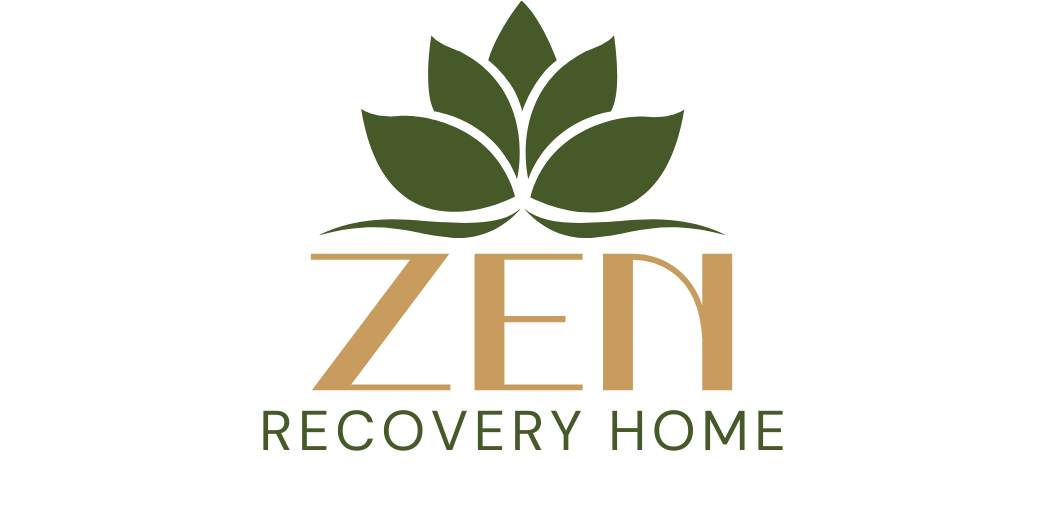The Role of Shame in Addiction and Mental Health
There’s a silent weight many people carry into addiction treatment—shame. Not just about what they’ve done or lost, but about how they feel. About being depressed, anxious, unstable, suicidal, or simply overwhelmed. About having a mental health condition they never had the language or support to understand.
At Zen Recovery Home, we believe that recovery isn’t just about quitting a substance—it’s about learning to speak the truth of your experience without fear. And that starts with how we talk about mental health.
Why Shame Shows Up in Recovery
Shame is one of the most toxic forces in recovery. It tells people:
“You’re weak for feeling this way.”
“You should be over this by now.”
“Other people have it worse—why are you struggling?”
“You’re broken, and no one would understand.”
And because mental health symptoms aren’t as visible as withdrawal or drug use, they’re often dismissed—by family, by friends, even by the person experiencing them.
This leads to silence. And silence becomes suffering.
The Truth: Mental Health and Addiction Are Intertwined
The numbers don’t lie: over half of people with substance use disorders also have a co-occurring mental health condition. Depression, anxiety, PTSD, bipolar disorder, and unresolved trauma are incredibly common.
For many people, substances were never the real problem—they were the solution. A way to escape the panic. To dull the grief. To function through trauma. To feel anything at all.
But when we frame addiction as just “bad choices” or “lack of discipline,” we miss the deeper story. And we create an environment where people are too ashamed to speak the truth.
Changing the Conversation
So how do we shift from shame to support? It starts with language and culture—the way we speak to clients, to families, and to each other.
1. We Normalize Mental Health Struggles
Instead of asking “What’s wrong with you?”, we ask “What happened to you?” We recognize that symptoms like mood swings, anxiety, or emotional outbursts often come from unresolved pain—not personal failure.
We remind people that they’re not alone. That mental health issues are common—and treatable.
2. We Talk Openly in Group and Individual Therapy
Mental health isn’t a separate topic from addiction—it’s part of the same story. In our program, we integrate trauma processing, emotional regulation skills, and clinical therapy so that people can connect the dots and stop blaming themselves for how they’ve coped.
3. We Educate Families Too
Many loved ones don’t know how to respond to someone struggling with both addiction and mental illness. We help families understand the importance of empathy, boundaries, and language that reduces shame—not increases it.
What Support Sounds Like
Sometimes the shift is subtle but powerful. Supportive language might sound like:
“That makes sense, given what you’ve been through.”
“You’re allowed to feel this way.”
“You’re not broken—you’re human.”
“Let’s work on this together.”
Support isn’t about fixing someone. It’s about walking beside them while they learn to trust themselves again.
Creating a Culture of Safety
At Zen Recovery Home, we foster a culture where vulnerability is respected, not punished. That means:
Encouraging open dialogue about mental health without fear of judgment
Offering dual diagnosis care that treats both mental illness and addiction together
Making space for tears, anger, silence, and everything in between
Reminding people that asking for help is a strength, not a weakness
When clients feel emotionally safe, they take greater risks toward healing. They name the things they’ve buried. They start to believe change is possible.
From Shame to Support—Your Story Can Change
If you’ve been carrying shame about your mental health—or if you’ve been afraid to say out loud what’s really going on—we want you to know:
You are not alone.
You are not too broken.
You are not your diagnosis.
Recovery is about more than putting down the substance. It’s about picking up self-worth, emotional honesty, and a new way to live.
And it starts with a conversation.
Final Thoughts
Talking about mental health in recovery is no longer optional—it’s essential. We cannot treat addiction in a vacuum. We have to look at the whole person. Their history. Their pain. Their patterns. Their mind and body.
At Zen Recovery Home, we replace shame with support—every single day. And we’ll keep doing it, because every person deserves a chance to heal out loud.
Ready to talk?
Whether you're struggling with addiction, mental health, or both—we're here. No shame. Just support.

